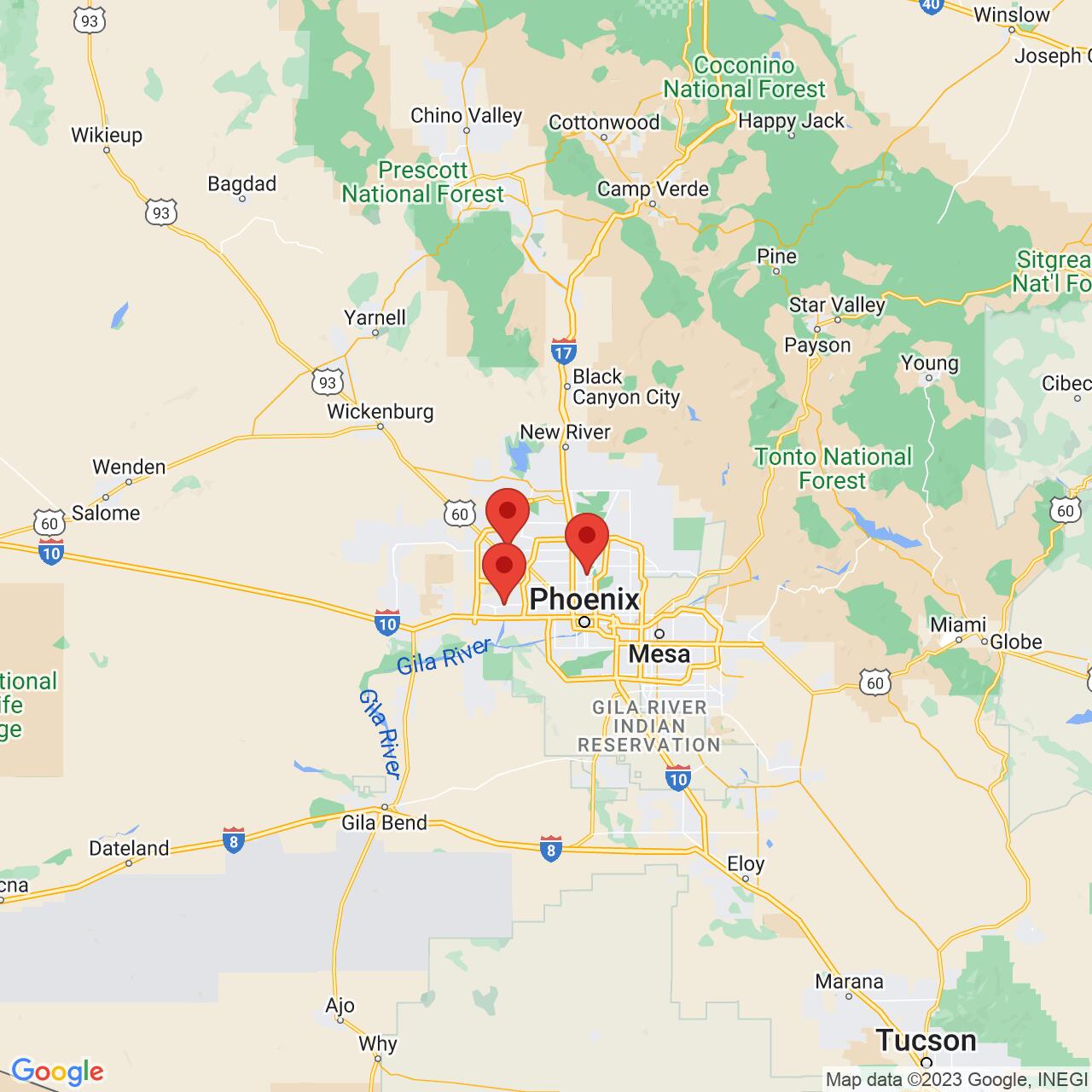Arizona is a great place to own and ride a motorcycle. The weather is typically amenable to riding, and there are plenty of beautiful sights to see. However, it is crucial for all motorcyclists in Arizona to take the necessary precautions when it comes to ensuring their safety. Motorcyclists are incredibly vulnerable to severe injuries in the event a collision occurs, and understanding motorcycle laws in this state is a crucial part of responsible riding.
Here, we want to discuss some of the Arizona motorcycle laws that you need to be aware of so that you can ensure you are taking all the steps necessary to ride safely. As a Phoenix personal injury lawyer, Ken Gerber has seen first-hand the dangerous impact of motorcycle crashes. He has experience in representing victims and knows the law, and is willing to fight for victims.
Arizona Motorcycle Laws
As we briefly go through the main laws that motorcyclists in Arizona need to be aware of, we understand that many people see some of these as an inconvenience. However, please keep in mind that these laws were made for a reason – to keep people safe. According to the Arizona Department of Transportation, we can see that there were 2,676 total motorcycle crashes during the latest reporting year across this state. Out of those incidents, 170 people lost their lives and 2,235 were injured.
MOTORCYCLE LICENSE
If you want to operate a motorcycle in Arizona, you need to be properly licensed to do so. In order to get a motorcycle license, a person has to be 16 years of age. However, if a person is 15 (1/2), they can apply for a class M-permit, which is valid for a seven-month period. The motorcycle permit does come with restrictions, including operating only during daylight hours and not operating on various types of roadways.
Regardless of what age a person is, they have to pass a general knowledge test regarding motorcycle riding. They also have to pass a skills test on the motorcycle, as well as a vision test. After passing these tests and paying the required fee, a person can be issued a motorcycle license.
MOTORCYCLE INSURANCE
Motorcycle owners in Arizona must have proper insurance. Riders cannot simply rely on their traditional automotive insurance policy in these situations. Motorcycle insurance is a separate policy altogether. In this state, the following types of insurance are required in order for a motorcyclist to remain legal on the roadway:
- $10,000 in property damage coverage on your insurance policy.
- Bodily injury coverage of at least $15,000
- A minimum of $30,000 coverage for everyone else
MOTORCYCLE OPERATION
Motorcycle riders in Arizona have the same rights and privileges as any other licensed driver operating a traditional passenger vehicle. They must follow all of the same laws on the roadway as everybody else. Additionally, we must point out that lane splitting is not legal in Arizona. Lane splitting is the practice of a motorcyclist riding down the white centerline between two lanes of traffic going in the same direction. This is currently only legal in California.
Motorcyclists in Arizona can take up an entire lane, and two motorcyclists can share a lane side by side (two-abreast). No other drivers on the roadway are allowed to infringe upon a motorcyclist’s right in their own lane.
HELMETS AND FACE GEAR
Any motorcycle rider under the age of 18 is required to wear a protective helmet. The helmet must be secured while the motorcycle is in motion.
If the motorcycle does not have a protective windshield, both the rider and any passengers must wear protective face gear regardless of their age. This includes protective goggles, glasses, or a transparent face shield that is approved by the Arizona MVD.
SAFETY EQUIPMENT
State law requires that all motorcyclists have a seat, footrests, and at least one rearview mirror. If there are passengers, then they too must also have a seat and footrests. The handlebars of a motorcycle must be even to or below the operator’s shoulders. Arizona law also stipulates that there must be tail lights, turn signals, front and rear brakes, two mirrors, and a horn. If turn signals are not present, the motorcyclist must use hand turn signals.
Get Help From A Lawyer
The Phoenix motorcycle accident attorneys at Gerber Injury Law help injured parties seek justice and compensation for their damages after harmful collisions. If you have serious injuries or a motorcycle wreck killed a loved one, contact us 24/7 to arrange a free consultation.


